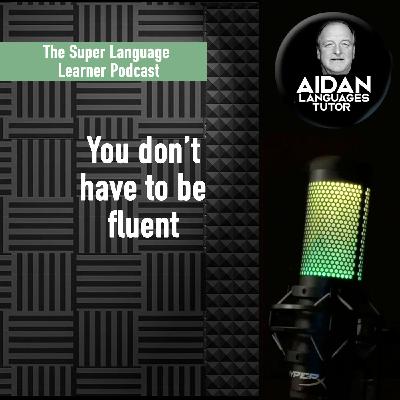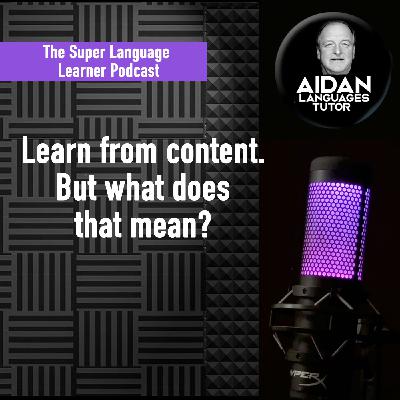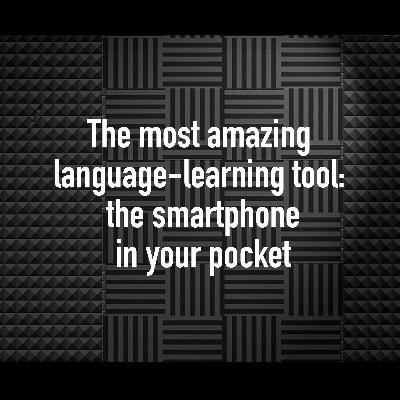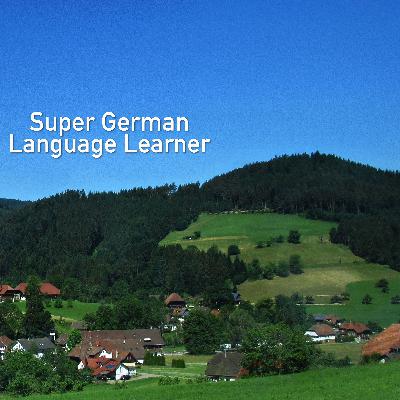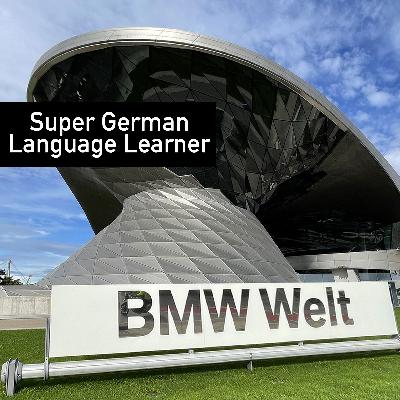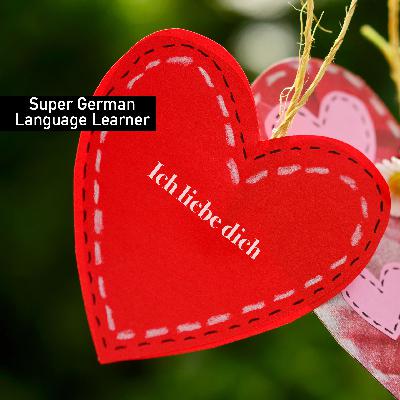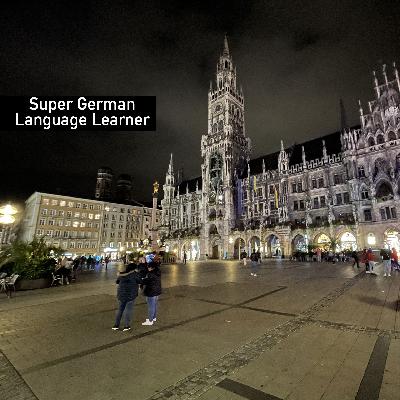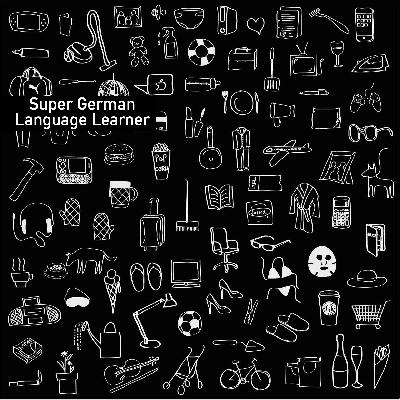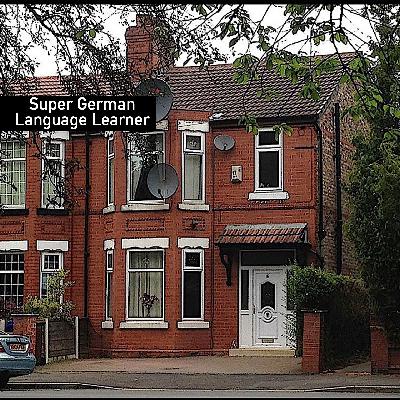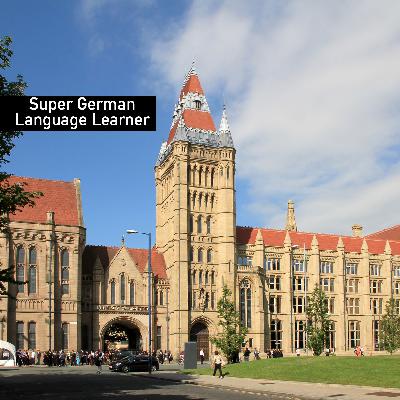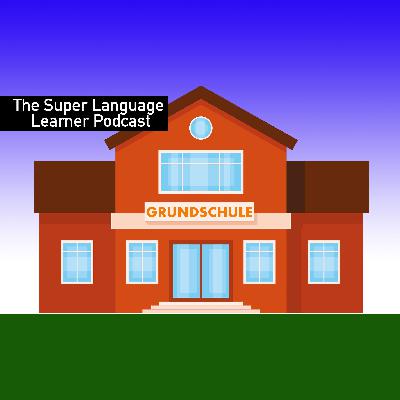
The Super Language Learner Podcast
Author: Aidan O'Rourke
Subscribed: 41Played: 209Description
Hi, I'm Aidan and this is my podcast! The Super Language Learner Podcast, presented mostly in English.
I'm a language learner and teacher with many years experience and lots of ideas. I have near-native competency in German, a good level in French and I'm familiar with many other languages at a basic level. I'm a native speaker of English.
I will share my ideas on language learning and show you how you can be a more effective language learner by working with various types of content, because the best way to learn a language is not by trying to learn grammar or doing tests, but consuming interesting and useful content, such as short texts, social media posts, interviews, news reports, dialogues and lots more combined with lots of repetition and practice.
To receive free language learning materials for German, English and occasionally other languages, you will need to join my Aidan Language Tutor mailing list. It's free to join and I'll be able to send you samples from my huge media library. The material is focused on German and English. There's no charge to join the mailing list and you can unsubscribe if you need to.
Subscribe to my mailing list at: www.aidan.co.uk/ALT


